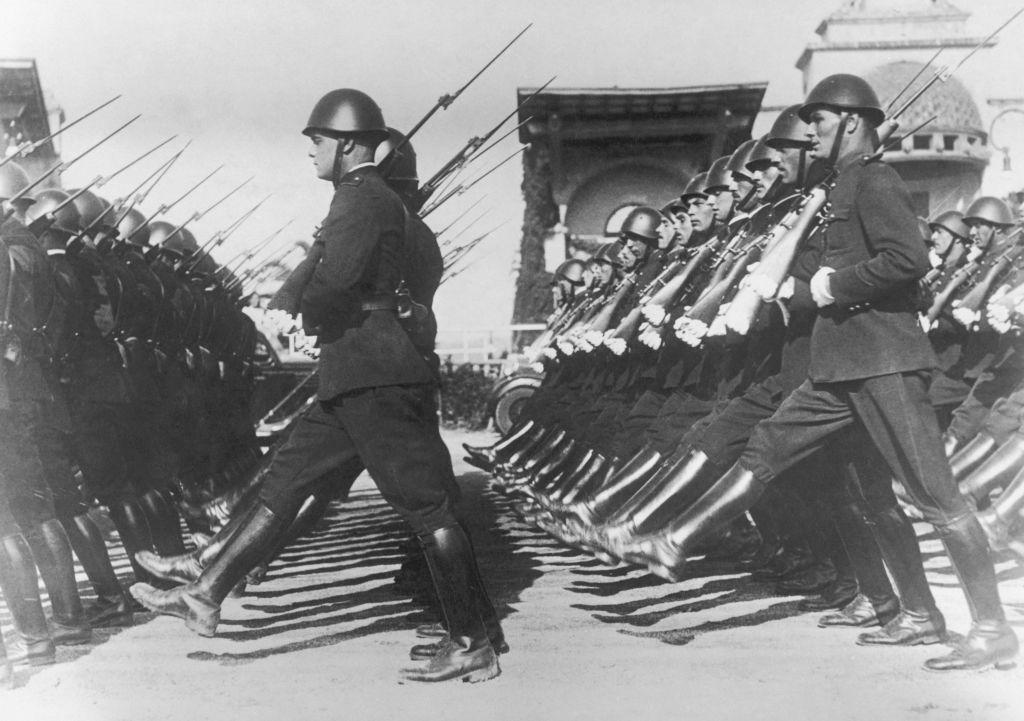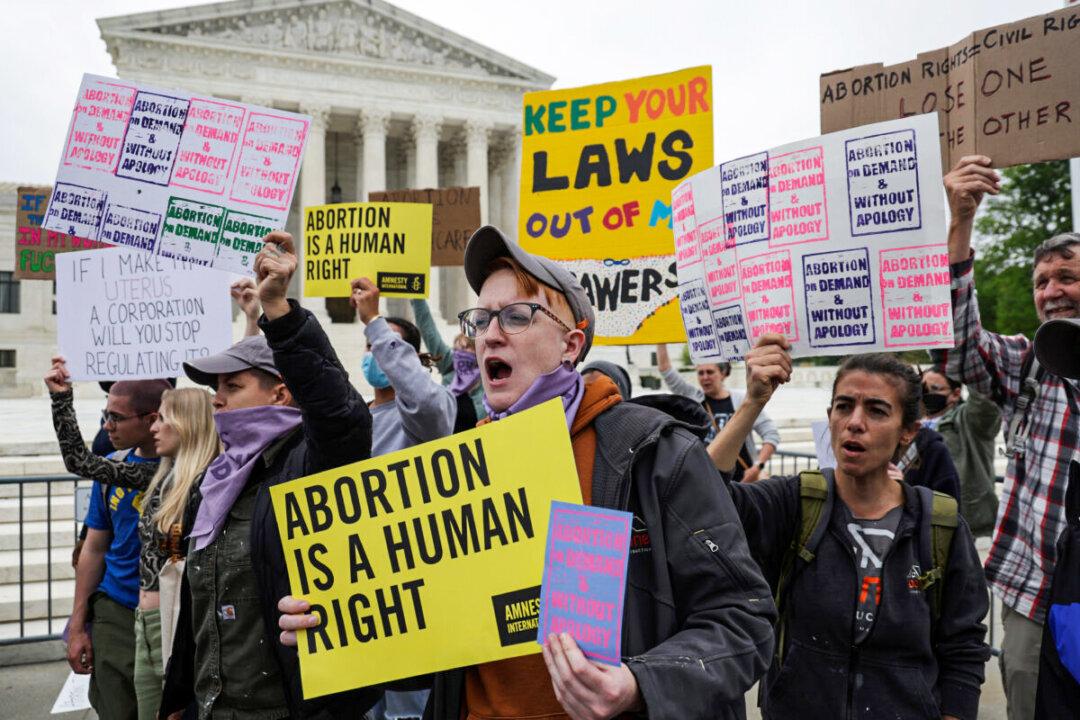Commentary
There has never been much agreement on the definition of fascism. Nevertheless, the impression that, whatever its form, it always has to do with the triumph of the will over nature, seems a penetrating truth about early fascism as well as its more recent manifestations. The French saying Chassez le naturel, il revient au galop (“banish the natural, and it comes galloping back”) is a truth of nature that, absent the help of massively oppressive state powers, no degree of will could ever succeed in altering for long. Despite this bald reality, the recent history of the West has been a disturbing and repetitive narrative centered on the complexities and catastrophes that result from efforts to banish nature.





